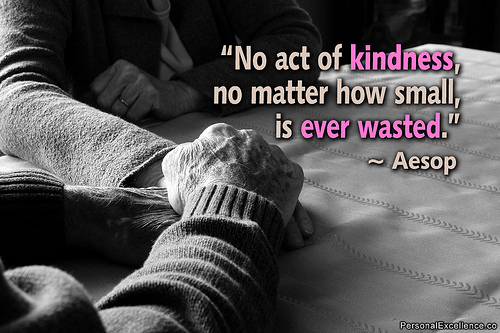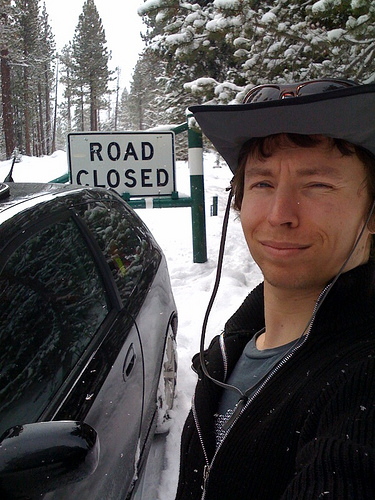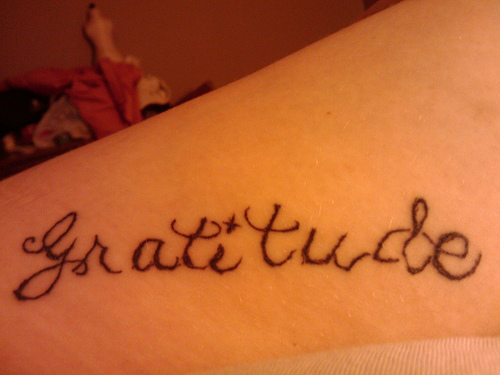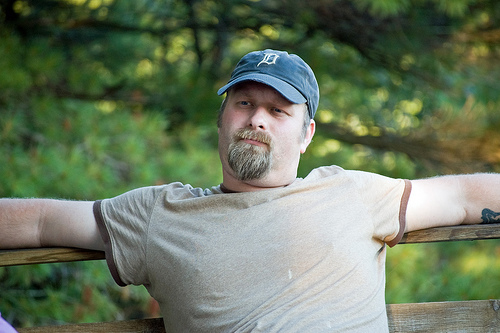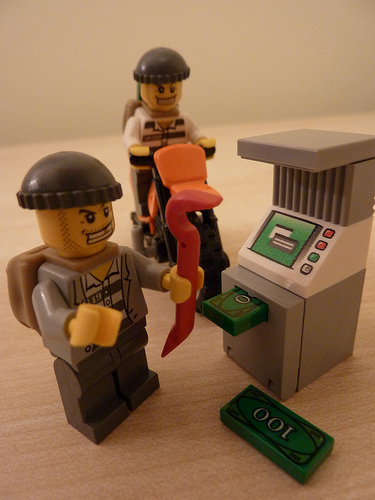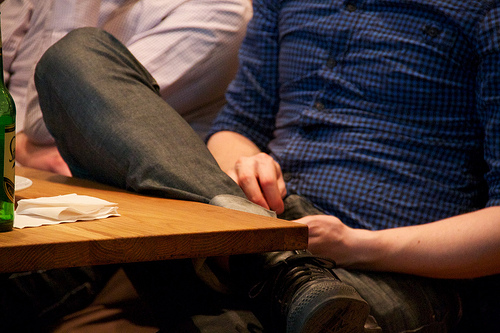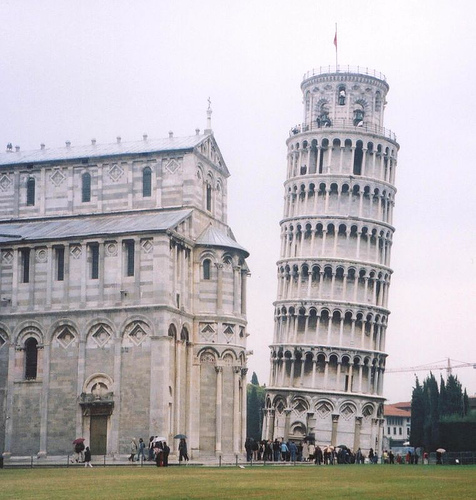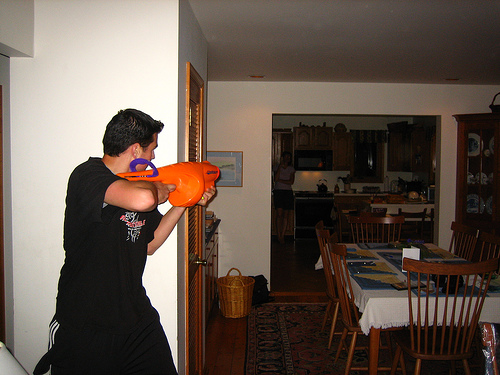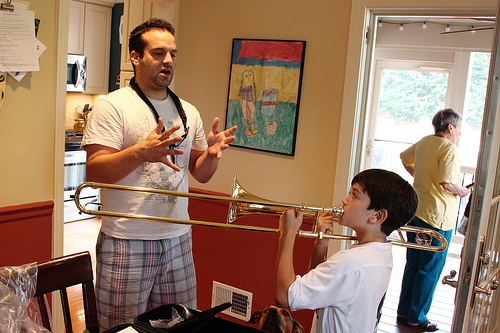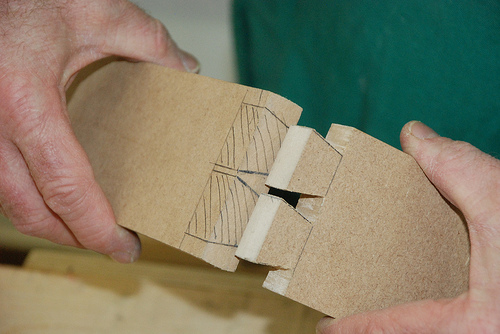The young have aspirations that never come to pass, the old have reminiscences of what never happened. – Saki aka H.H.Munro

The touch of a butterfly is light and fleeting. If you are stuck in the past or the future, you might not even notice that it is present. And that would be quite a loss, wouldn’t it?
What does that mean?
While this may have been a comment about human foibles of memory and imagination, it is a very precise description of those who do not live in the present.
The young, in the quote, are busy looking to the future. The old are busy mis-remembering the past. But what isn’t mentioned? The present, or anyone being involved in it.
If this is how we live, focused on past events (regardless of accuracy) or focused on the future events which may never come, we miss out on what really matters.
Whether it is the sensation of breeze, the warmth of the sun on our skin, or the scent of our favorite food, we can easily miss it all if we are living anywhere besides the present.
Why is spending our time in the present important? Continue reading

